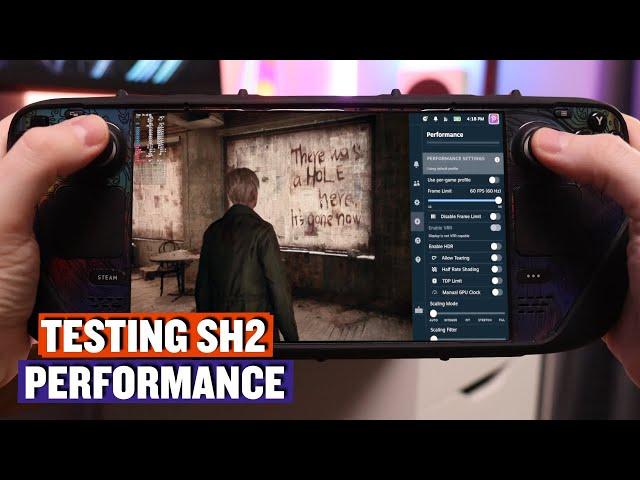The swirling mists of Silent Hill are no longer confined to the confines of your living room. Like a phantom radio signal reaching out from the otherworld, Silent Hill f, the newest entry in the chilling psychological horror series, is breaking free and finding purchase on the portable platform of the Steam Deck. Imagine, the terror of a town warped by suppressed desires, the chilling rustle of unseen horrors, all experienced in the palm of your hand. The promise of portable psychological torment is real, and this opens a whole new dimension for experiencing the dread that Silent Hill f is sure to deliver.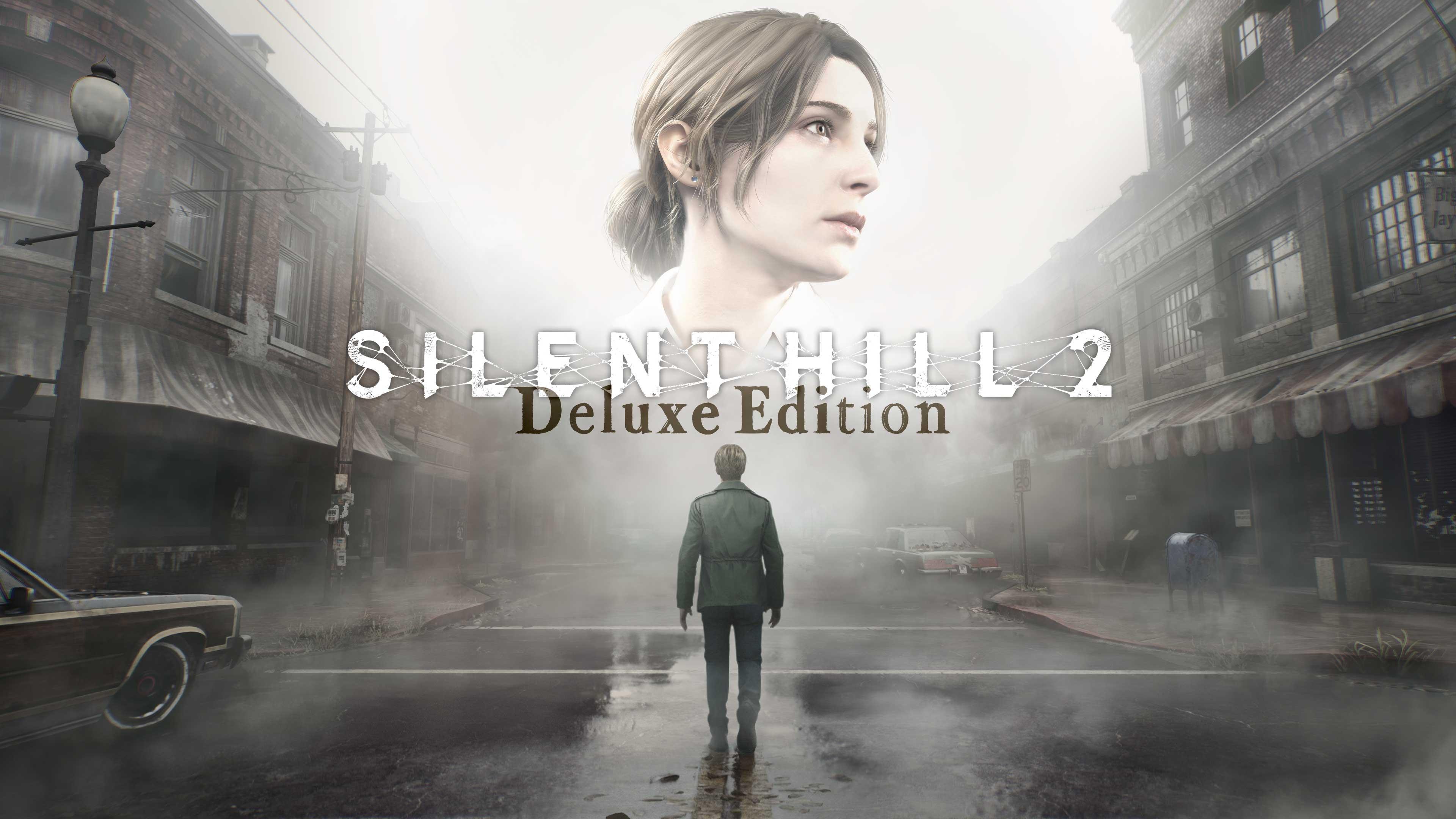
Whispers of the Fog on the Go
Nurse Ratched’s unsettling gurgle. Pyramid Head’s metallic scrape. The muffled cries echoing from the other side of a rusted fence. Soon, these iconic sounds of dread can follow you wherever you go. The confirmation that Silent Hill f will be compatible with the Steam Deck is a chilling delight for portable horror aficionados. Imagine descending into the fog-choked streets of a reimagined rural Japan, huddled under the covers in the dead of night, the only light source the eerie glow emanating from your handheld screen. The intimacy and portability offered by the Steam Deck promise to amplify the psychological tension that defines the Silent Hill experience. You’ll be able to pause the terror in an instant, yet the unsettling atmosphere will likely linger long after the screen goes dark.
While the exact technical specifications and performance details are yet to be fully unveiled, playing Silent Hill f on the go opens exciting possibilities. Will the Deck’s haptic feedback shudder in your hands as a grotesque creature brushes past? How effectively will the smaller screen convey the chilling environmental detail we’ve come to expect? The answers remain shrouded in mist, but one thing is certain: the oppressive atmosphere of Silent Hill has found a new, portable vessel. The portability also presents intriguing choices for the player:
| Play Style | Location | Immersion Level |
| Headphones On, Lights Off | Secluded, Dark Room | Maximum Dread |
| Quick Sessions | Train Commute (at your own risk!) | Moderate Unease |
| Casual Exploration | Park Bench (again, at your own risk!) | Mildly Disturbing |

A Pocket Sized Nightmare: Silent Hill f Meets the Steam Deck
Imagine this: you’re nestled into your favorite spot on the train, the rhythmic clatter of the wheels a hypnotic backdrop. You pull out your Steam Deck, and suddenly you’re lost in a world of suffocating dread, the hauntingly beautiful, yet disturbingly unsettling world of Silent Hill f. The portability of the Deck transforms the experience, turning even mundane commutes into a tense descent into psychological horror. No longer confined to the living room, the creeping vines and rust-colored landscapes of rural 1960s Japan can follow you anywhere. The intimacy of the handheld device amplifies the game’s unsettling atmosphere, making every rustle of leaves and whispered word feel intensely personal.
This potent combination of cutting-edge hardware and chilling narrative raises some interesting considerations. How will the Deck’s performance hold up against the game’s demanding visuals? And how will the controls translate to the handheld format? These crucial questions will determine just how immersive and terrifying this portable nightmare can truly be. While specific details remain scarce, the prospect of experiencing Silent Hill f this way opens up exciting possibilities. Check out the comparison below:
| Feature | Console/PC | Steam Deck |
|---|---|---|
| Atmosphere | Immersive | Intensely Personal |
| Accessibility | Fixed Location | On-the-Go |
| Visuals | High Fidelity | Optimized |

Delving into the Dread: Performance Expectations and Early Impressions
The mists swirling around Silent Hill f are thick with both anticipation and trepidation. While confirmation of Steam Deck compatibility opens the door for portable psychological horror, questions linger about how this chilling experience will translate to the handheld device. Will the Deck’s hardware be able to render the unsettling beauty and grotesque detail expected from a Silent Hill title? The rumored shift to a feudal Japanese setting promises a fresh aesthetic, but can the Deck maintain a stable frame rate amidst the sprawling landscapes and potentially dense foliage? More importantly, will the crucial atmospheric elements – the fog, the shadows, the subtle audio cues – retain their impact on a smaller screen? Only time, and hands-on experience, will truly tell.
Initial glimpses of gameplay have offered tantalizingly little, further fueling speculation about the game’s direction and performance. Certain aspects have fans particularly intrigued, such as:
- The new protagonist’s connection to the overarching narrative.
- The implementation of the seemingly plant-based monstrosity showcased in the trailer.
- How the storyline will tie in with (or deviate from) established Silent Hill lore.
| Element | Expectation |
| Visual Fidelity | Compromised, but Atmospheric |
| Performance | Stable 30fps Targeted |
| Audio | Crucial for Immersion |
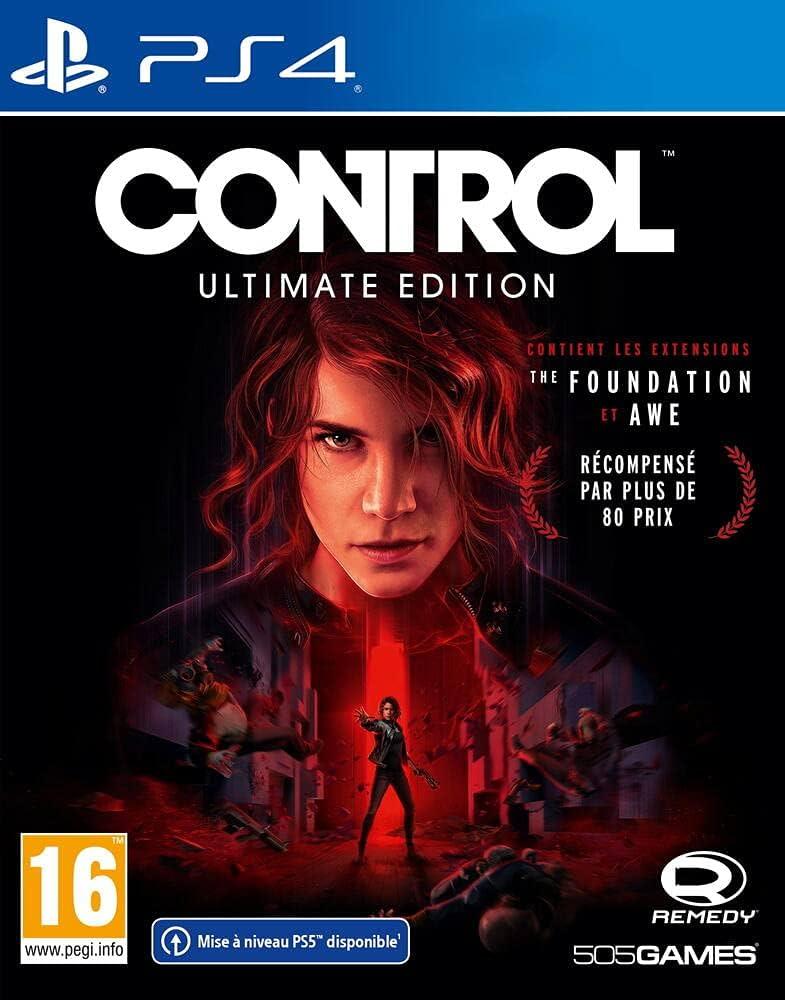
Control in Your Hands: Optimized Controls for Portable Horror
Slithering through the fog-choked streets of a new Silent Hill on a handheld? Yes, please! Silent Hill f’s unsettling beauty and spine-chilling atmosphere translates surprisingly well to the Steam Deck’s compact screen. But what about the controls? Navigating claustrophobic corridors and reacting to sudden horrors demands precision. Thankfully, the Steam Deck’s customization options provide a wealth of possibilities. Fully remappable buttons allow you to tailor the experience to your preferences, whether you prefer classic tank controls, a more modern dual-stick setup, or something entirely your own. You can even adjust gyro sensitivity for aiming, adding another layer of immersive dread as you carefully sweep your flashlight beam through the oppressive darkness.
Beyond button mapping, the Steam Deck’s trackpads offer exciting alternatives for specific actions. Imagine using the right trackpad for quick, precise item selection during tense moments, eliminating the need to fumble through menus while being chased by… something unspeakable. Or perhaps assign camera control to the left trackpad for smoother, more intuitive exploration. Experimentation is key, and the possibilities are chillingly vast. Below, some customized setup suggestions:
| Action | Suggested Control |
| Movement | Left Joystick |
| Camera | Right Joystick/Right Trackpad (enhanced precision) |
| Attack/Interact | X Button |
| Run | A Button |
| Item Select | Right Trackpad/B Button |
| Flashlight | Left Trigger |
| Map | Steam + A |
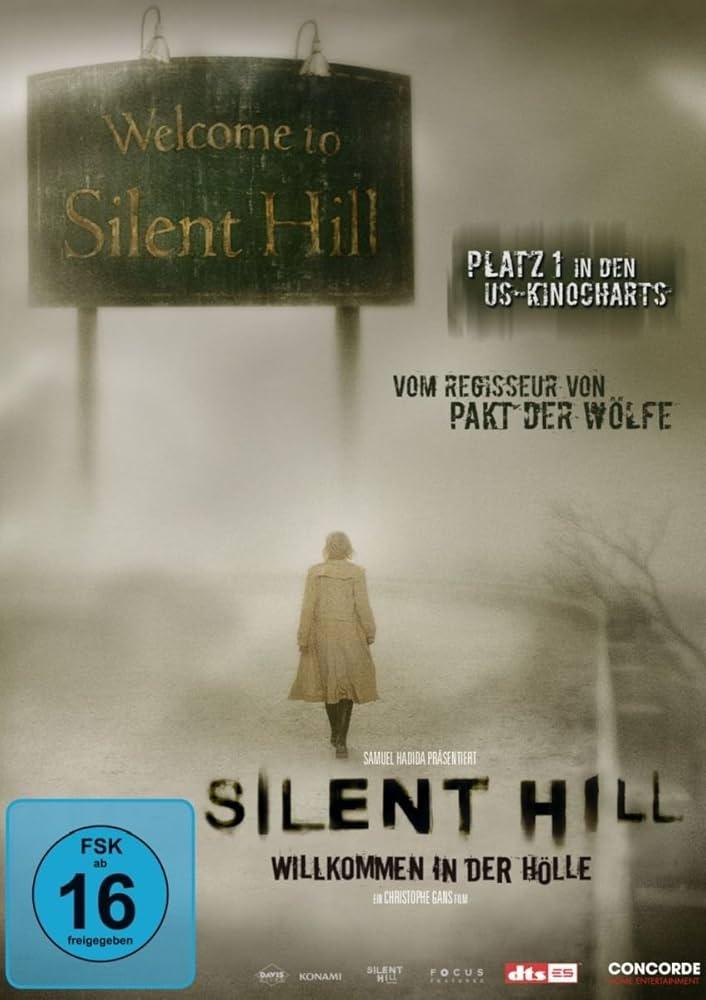
Silent Hill fs Visuals on the Steam Deck: A Beautiful Nightmare?
Slithering onto Valve’s handheld powerhouse, Silent Hill f promises a uniquely unsettling experience. Will the Steam Deck’s hardware be able to truly capture the visual nuances of this new, unsettling chapter? The beautifully grotesque world, inspired by 1960s Japan, presents a technical challenge with its detailed environments, from the creeping tendrils of otherworldly flora to the disturbingly realistic character models. The question remains: how will the Deck handle the detailed environments and character models, alongside the unsettling, visually-driven psychological horror the series is known for? How will the Deck handle rendering these sickly beautiful visuals while maintaining a stable framerate? The inherent limitations of the handheld raise some crucial questions.
- Resolution and Framerate: Will we experience a noticeable drop in resolution for playable framerates?
- Visual Fidelity: Will certain graphical settings need to be compromised?
- Battery Life: How much of a drain will pushing the Deck to its limits put on the battery?
| Aspect | Potential Issue | Potential Solution |
| Resolution | Sub-native Resolution | FSR/Dynamic Resolution Scaling |
| Framerate | Drops during intense scenes | Lower graphical settings preset |
| Battery Life | Rapid drain | Lower screen brightness/optimized game settings |
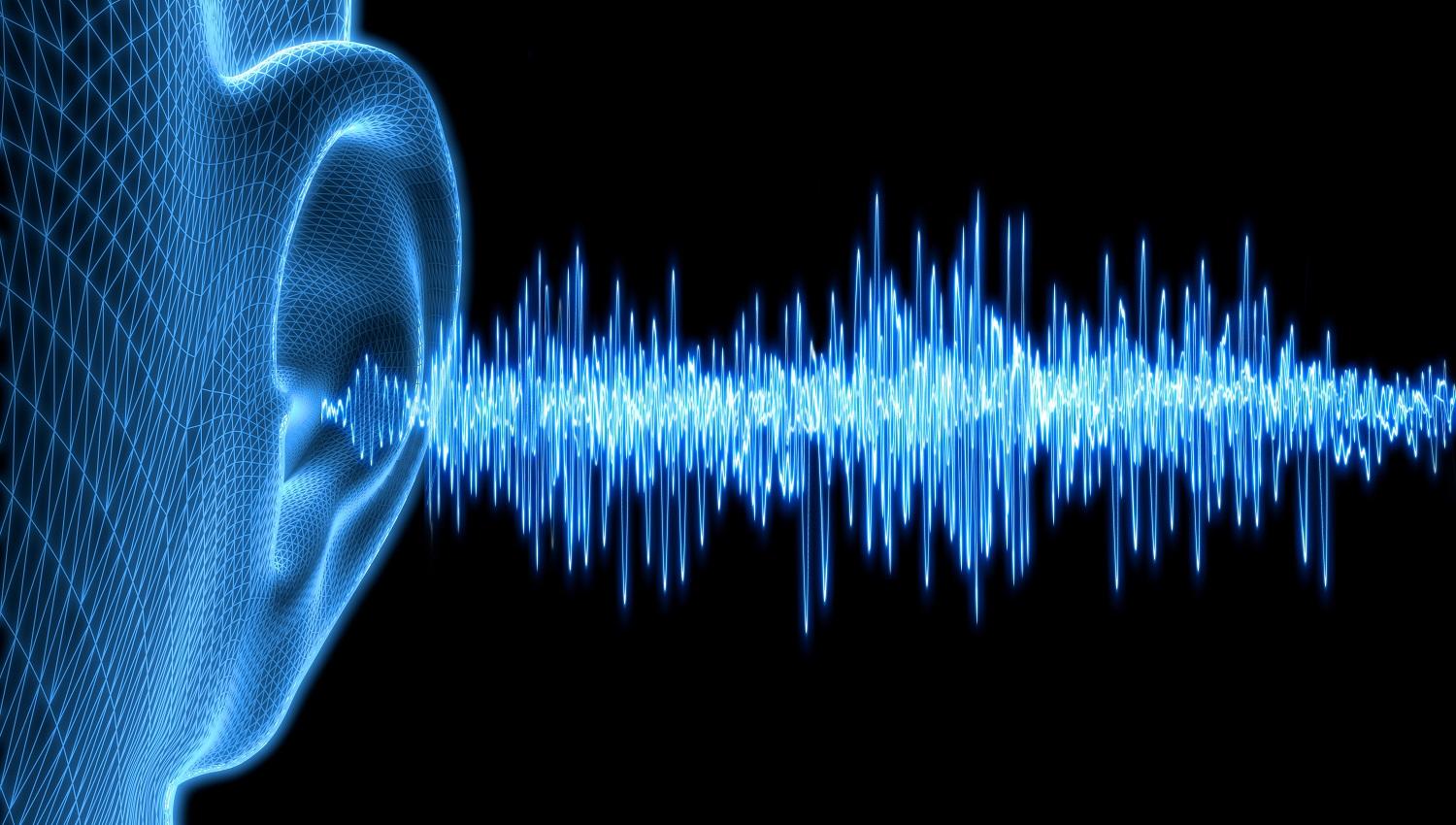
The Sound of Terror, Wherever You Are: Audio Considerations for a Portable Silent Hill
The chilling soundscapes of Silent Hill are integral to the series’ unsettling atmosphere. Replicating that dread on a portable device like the Steam Deck requires attention to detail. Using the Deck’s built-in speakers might offer a convenient option, but for true immersion, consider investing in a high-quality pair of headphones. Look for options with good noise isolation to fully appreciate Akira Yamaoka’s masterful sound design. For late-night play, the Deck’s headphone jack offers a private and disturbingly intimate experience with the game’s audio. Conversely, connecting to a Bluetooth speaker can transform a room into your own personal Silent Hill, allowing for a shared descent into madness with friends.
Fine-tuning the audio experience can further enhance the immersive horror. The Steam Deck’s OS allows for customized equalizer settings, letting you tailor the sound to your preference. Emphasize the lower frequencies to feel the rumble of distant machinery or boost the mids to highlight the chilling whispers that permeate the fog. Experimentation is key. Below are some starting points depending on your preferred method of listening:
| Audio Output | Suggested EQ Focus | Key Benefit |
|---|---|---|
| Built-in Speakers | Balanced with slight bass boost | Optimizes for limited frequency range |
| Headphones | Detailed mids and highs | Immersive detail and soundstage |
| Bluetooth Speaker | Powerful bass and clear highs | Creates an ambient soundscape |
Battery Life Beware: Powering the Fears of Silent Hill f on the Go
The whispering hallways of Silent Hill f might soon echo from your trembling hands, wherever those hands may be. The prospect of portable psychological horror is enticing, yet comes with a chilling caveat: battery life. Just how long can you expect to fend off ancient deities and repressed trauma before needing a wall socket? While official figures remain shrouded in the development fog, we can make some educated guesses based on similar graphically demanding titles. Expect to be tethered to a power source more often than not. Consider a portable battery pack a necessary accessory, another weighty burden to carry alongside your in-game anxieties.
Prepare for a constant struggle, not just against unimaginable horrors, but against the ticking clock of your Steam Deck’s battery. Will you prioritize brightness for a clearer view of the unsettling beauty, sacrificing precious minutes of playtime? Or will you embrace the darkness, conserving power while increasing your vulnerability to jump scares? The choices are yours, and they all carry a price. Perhaps the limited playtime will add another layer of tension, a frantic race against both the game’s narrative and your dwindling power supply. Either way, here’s a likely scenario for your consideration:
| Power Saving Mode | Estimated Playtime | Experience |
| Low Brightness, Low Settings | ~3 hours | Grainy, atmospheric dread |
| Balanced Settings | ~2 hours | Compromise between visual fidelity and playtime. |
| High Settings, High Brightness | ~1.5 hours | Visually stunning, but fleeting. |
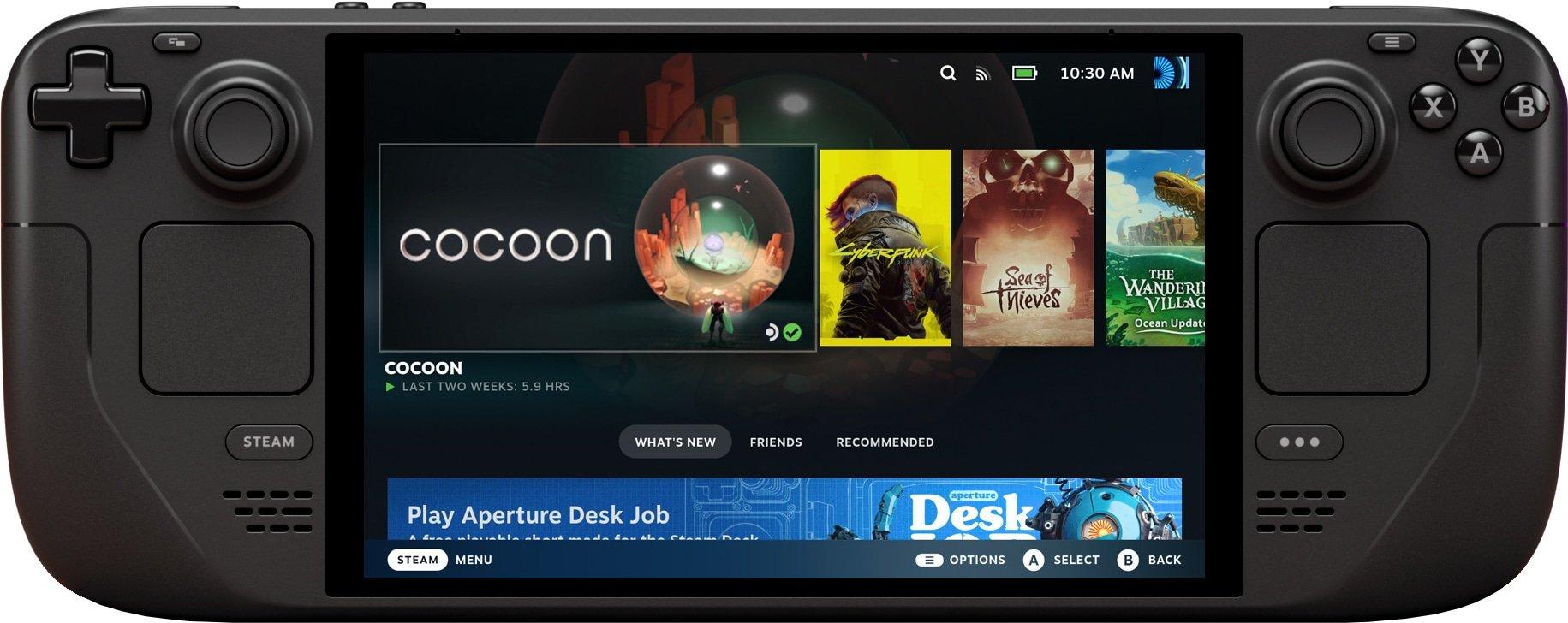
Connectivity Concerns: Online Play and the Steam Deck Experience
The ethereal dread of Silent Hill doesn’t need frame drops to be unsettling. While Silent Hill f promises a chilling experience, maintaining a stable online connection on the Steam Deck can sometimes feel like its own horror story. Spotty Wi-Fi or a weak mobile hotspot can introduce lag, input delay, and potential disconnects, impacting immersion and, in a worst-case scenario, progress if online features are integral to gameplay. Consider your play environment and connection stability when taking f on the go. A solid connection is vital not just for potential multiplayer elements (if any exist) but also for features like cloud saves and accessing updates while roaming the digital mists.
Optimizing your Steam Deck’s network settings can banish some connectivity woes. Here’s a quick checklist to ensure a smoother experience:
- Prioritize 5GHz Wi-Fi: Generally offers better performance than 2.4GHz.
- Close Background Applications: Limit bandwidth-hungry apps competing for your connection.
- Consider a Wired Connection (Docked Mode): For the most stable experience, plug in when possible.
- Check Steam’s Download Region: Ensure it’s set to your current location for optimal speeds.
| Connection Type | Pros | Cons |
|---|---|---|
| Wi-Fi (5GHz) | Good Performance, Convenient | Signal Strength Varies |
| Wi-Fi (2.4GHz) | Wider Range | Slower Speeds, More Interference |
| Mobile Hotspot | Ultimate Portability | Data Caps, Potential Lag |
| Wired (Docked) | Best Stability, Speed | Limited Portability |

A New Way to Fear: The Immersive Potential of Portable Silent Hill f
The rustling of desiccated leaves underfoot, the distant, unsettling clang of metal, the chilling whisper of wind weaving through decaying structures – imagine experiencing these signature sounds of psychological horror not through your TV speakers, but through headphones, intimately close, as you clutch a Steam Deck in your hands. The portability of Silent Hill f promises a new dimension of fear. No longer tethered to the living room, the game has the potential to seep into your world, transforming mundane commutes or quiet moments in a park into breeding grounds for anxiety. The oppressive atmosphere, so crucial to the Silent Hill experience, becomes personal, amplified by the intimate nature of handheld gaming. Imagine playing late at night, tucked under covers, the only light emanating from the Deck’s screen, illuminating the grotesque imagery of this new nightmare.
This shift to portable horror presents exciting creative opportunities. With the Steam Deck’s gyroscope, subtle movements could influence in-game actions, increasing the sense of immersion and player agency. Perhaps tilted slightly, your character’s flashlight beam might waver across a disturbing scene. The haptic feedback could amplify the visceral experience, allowing players to feel the sickening crunch of bone underfoot or the shudder of a monstrous figure lumbering nearby. This intimate, responsive experience has the potential to forge a stronger connection between the player and the unsettling world of Silent Hill f, raising questions about where the game ends, and reality begins.
| Feature | Impact on Fear |
| Portability | Blurs lines between game and reality |
| Headphones | Intensifies audio immersion |
| Gyroscope | Enhances player agency and unease |
| Haptic Feedback | Adds visceral physicality to horror |

Optimizing Your Experience: Recommended Settings for Silent Hill f on Steam Deck
Tame the mists and maximize your portable nightmare with these fine-tuned settings. The Steam Deck’s power can be carefully balanced for a chillingly smooth Silent Hill f experience. Don’t let a dropped frame or stuttering audio shatter the immersion – tweak your experience with these recommendations:
- Resolution: 1280×800 (16:10). This resolution offers a good balance between visual fidelity and performance, playing nicely with the Deck’s native aspect ratio.
- Refresh Rate: 40Hz. A solid, battery-saving sweet spot. Sticking to 40Hz grants a smoother experience than 30Hz without excessively draining your precious portable power.
- TDP Limit: 10W. Keep things cool and conserve battery without noticeably sacrificing performance.
- Half-Rate Shading: Enabled. This sneaky setting can significantly boost performance with minimal visual impact.
- FSR: Enabled. If you find yourself needing an extra performance kick, FSR can help maintain a stable framerate.
Beyond the basics, further refinements can be made depending on your prioritization of visuals versus battery life. The table below outlines a couple of preset configurations you can experiment with:
| Preset | Focus | TDP Limit | FSR | Expected Battery Life |
|---|---|---|---|---|
| Silent Stroll | Battery Life | 7W | Enabled | ~3 hours |
| Fog-Ridden Fidelity | Visuals | 15W | Disabled | ~2 hours |

Beyond the Deck: Other Portable PC Options for Silent Hill f
So you’re itching to experience the unsettling beauty of Silent Hill f but not quite ready to commit to a Steam Deck? Fear not, wanderers of the fog. The world of portable PC gaming is vast and welcoming. Powerful laptops, especially those with dedicated graphics cards, will likely offer the best performance outside of a desktop rig. Look for models boasting Nvidia GeForce RTX series or AMD Radeon RX series GPUs for a smooth descent into psychological horror. For a more budget-friendly route, consider less graphically intensive alternatives like the Aya Neo devices or the GPD Win Max. These handheld PCs pack enough punch to handle many modern games and offer the ultimate portability.
Choosing the right portable setup depends on your priorities. Do you crave graphical fidelity above all else? Then prioritize a laptop with a powerful GPU. Is portability king? A handheld PC might be your calling. Or perhaps you’re looking for a balance of both? Then sleek ultrabooks with integrated graphics could be just the ticket, offering a surprisingly capable gaming experience in a compact form. To help visualize your options, check out this comparison:
| Device Type | Pros | Cons |
|---|---|---|
| Gaming Laptop | Best Performance Large Screen |
Least Portable Higher Cost |
| Handheld PC (Aya Neo, GPD Win Max) | Ultimate Portability Dedicated Controls |
Lower Performance Smaller Screen |
| Ultrabook | Balanced Portability/Performance Sleek Design |
Moderate Performance Integrated Graphics |
Concluding Remarks
So, the mists of Silent Hill are coming to the handheld realm. Whether you’re braving the subway or hiding under the covers, the chilling narrative and disturbing imagery of Silent Hill f can now follow you anywhere. The Steam Deck’s portability adds a new layer of unsettling immersion, as the lines between the game’s nightmare and the mundane world around you begin to blur. Just be sure to keep an eye on your battery – you wouldn’t want the horrors to catch you with a dead screen. Will you find solace, or succumb to the encroaching darkness, now conveniently sized for your pocket? Only time, and your Steam Deck, will tell.




